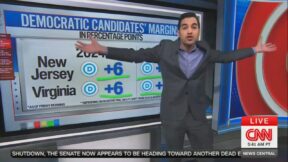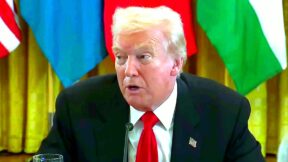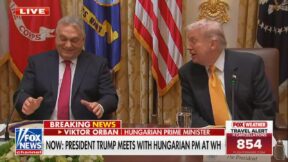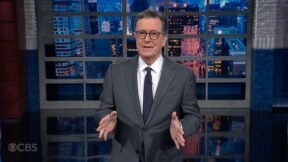Trump Legal Team Leaning Into January 6 and Ray Epps Conspiracy Theories in Federal Election Fraud Case: Washington Post
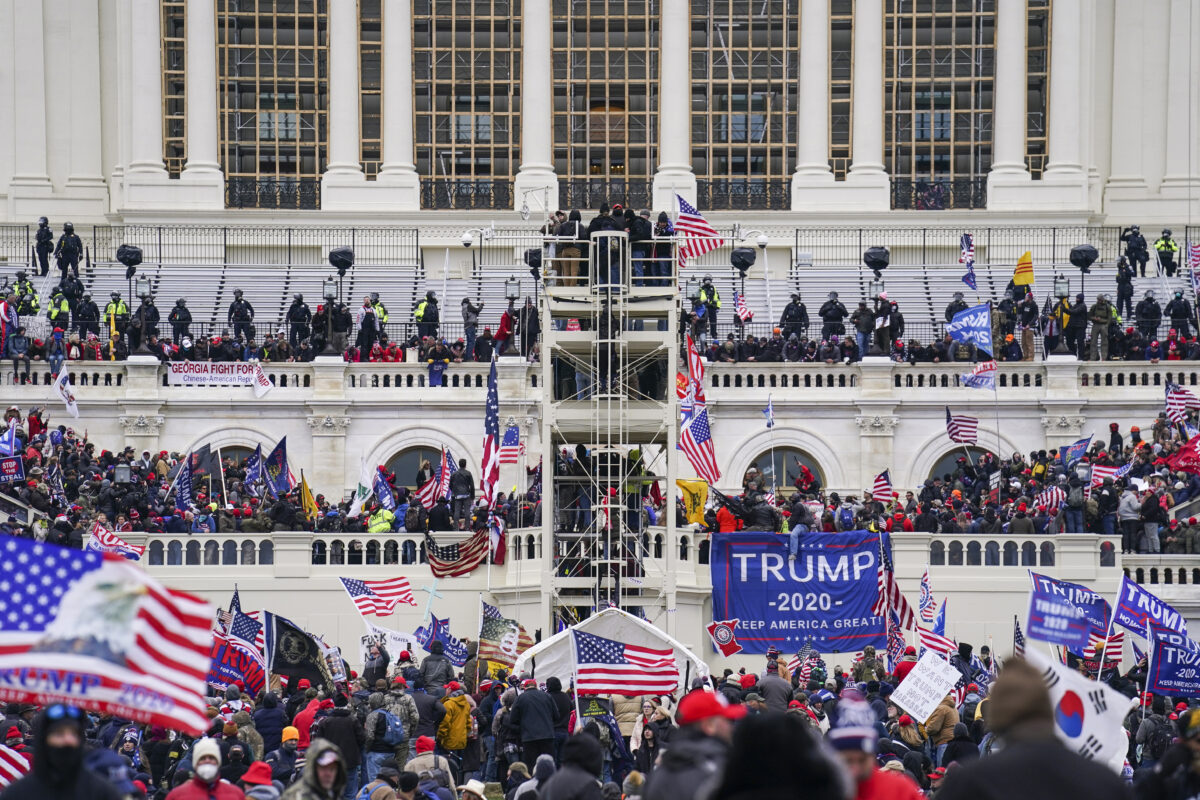
AP Photo/John Minchillo, File
Former President Donald Trump loves to rally his die-hard supporters with lies about the 2020 election, and now The Washington Post reported that he’s also leaning into those lies as his legal defense in his federal election fraud case.
In an article published Monday night by Rachel Weiner and Isaac Arnsdorf, court filings on behalf of Trump and his legal team requested documents related to Ray Epps, the man falsely accused of being a plant by the federal government in the conspiracy theory that the insurrection at the Capitol on January 6, 2021, was an inside job. The filing also included requests for documents related to “law enforcement and military intelligence” and the National Guard before January 6, 2021, “efforts by foreign actors,” “Antifa,” and the FBI’s Norfolk Memo, which warned of violence ahead of the riot.
However, the article noted that while Trump is free to spread election lies on the campaign trail (which he did on Saturday in Iowa when he said, “One of the great things about these trials, if the judge allows us … we want to show how we won the election”), it’s a wild move to try to present these theories as “evidence” in a federal case when they have been rejected in federal courts before:
“There’s nothing that suggests any of those debunked theories had anything to do with the causation of Jan. 6,” said Timothy Heaphy, a former prosecutor who led investigative efforts for the House Jan. 6 committee. “What he and his lawyers have put forth is more of a public relations strategy than a legal one.”
The article also described the legal request as a political maneuver to blame the Justice Department under President Joe Biden as being weaponized against his political opponent. The introduction of such information could also raise the possibility of “reasonable doubt” in a jury. But it’s also possible that the request for more documents was a simple delay tactic so Trump can push the trial until after the 2024 election.
Read the full article at The Washington Post.
